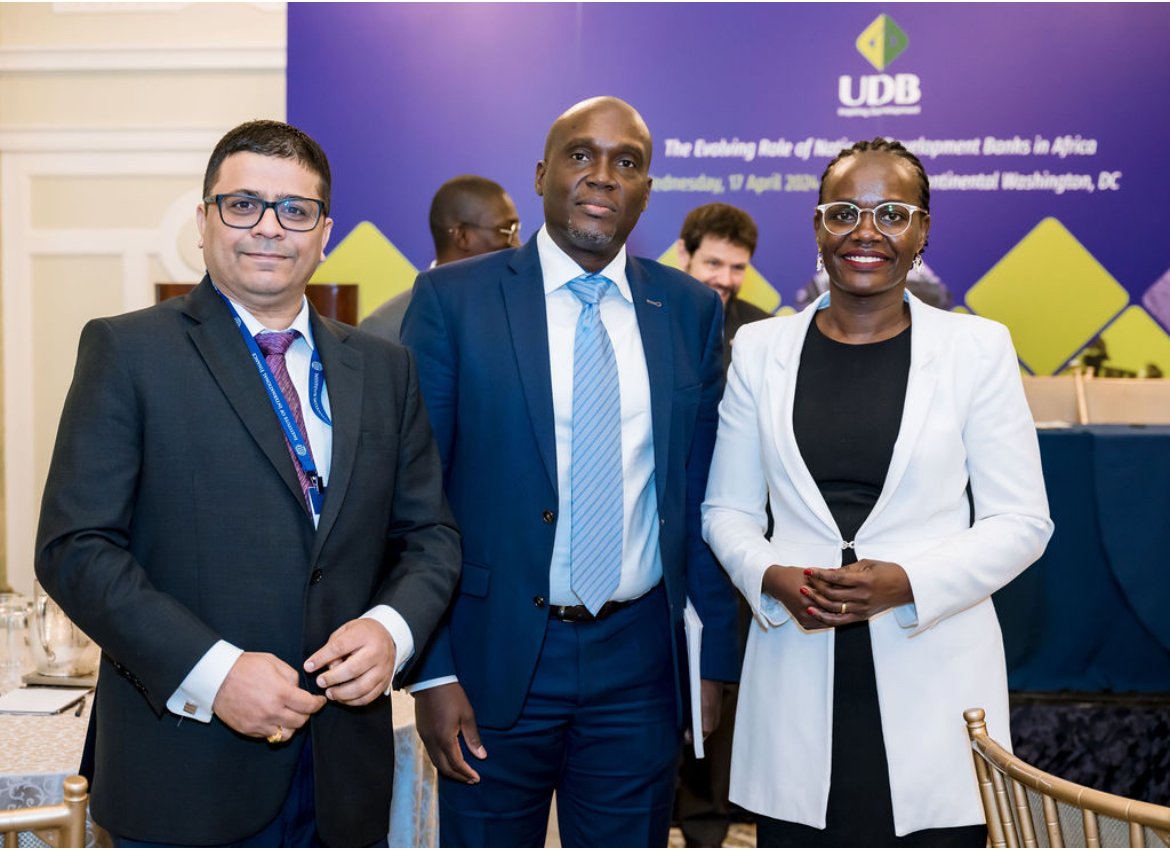Study: Ugandans worried about violence in 2021 elections
A new study in Uganda shows that many people involved in election preparations and Ugandan politics expect violence around the 2021 election.
The study looked at early warning signs of violence ahead of the elections and strategies to mitigate unrest.
Keep Reading
A Ugandan civil action group, Democratic Engagement and Action, conducted the study from March to July this year in 13 districts of the country. Its report says the government must embark on electoral reforms to avoid violence in the coming general elections.
Lead researcher Job Kiija said 450 people were asked about their concerns regarding the 2021 election. He said about 89 percent of those interviewed said they feared the elections could become violent for various reasons.

Those reasons included a lack of electoral reform, an issue that has been noted in election observer mission reports since 2006. Other reasons included unresolved tribal issues, a recommendation that the election management system be reformed, and the involvement of security agencies in partisan politics.
Respondents were drawn from the ruling National Resistance Movement and opposition parties, and also included electoral officials, security officers, civil activists and journalists.
Lack of trust cited
Jackie Asiimwe, who works for Democratic Engagement and Action, said the electorate no longer trusted the electoral commission, and she maintained that politicians fuel violence among the largely unemployed youth.
"Election season is seen as a way that some of these young people can also cash in, especially in violence," she said. "Again and again they are used as part of the violence machinery, which is a very sad thing and very irresponsible, in my view."
Alice Alaso, the secretary general of the opposition Alliance for National Transformation party, described the report as very candid.
"It has highlighted seriously the signals, the signs that are a recipe for a violent election," she said. "And even now we can see that during the 2016 election the greatest perpetrators of violence were state institutions — the army and the police."
She said that, at the urging of President Moweri Museveni, authorities had created Local Defense Units to protect people and property.

Commitment to peace
Ruling party politician Lydia Wanyoto agreed that politicians on all sides had helped fuel violence, but she said the government was committed to ensuring there was peace during and after the elections.
"There is not going to be violence unless we choose to," she said. "But if we are going to have rowdy people in the streets, government has institutions, Uganda is still running; they will be checked."
The research suggested there should be accountability and punishment of those who violate electoral laws. It also suggested citizens be made familiar with electoral laws and policies.
The fears of violence are not without historical precedent. More than 20 people reportedly died in the days surrounding the 2016 elections, and scores of people were threatened or beaten, including several journalists. The leading opposition candidate, Kizza Besigye, was placed under house arrest several months before the election and wasn't freed before the vote.
Museveni, who has been in office since January 1986, was for many years widely respected at home and abroad for bringing stability and economic growth. He has lost support over the past decade, however, especially among young adults, who make up more than half the electorate. Critics say he has become increasingly repressive as he works to keep power.














